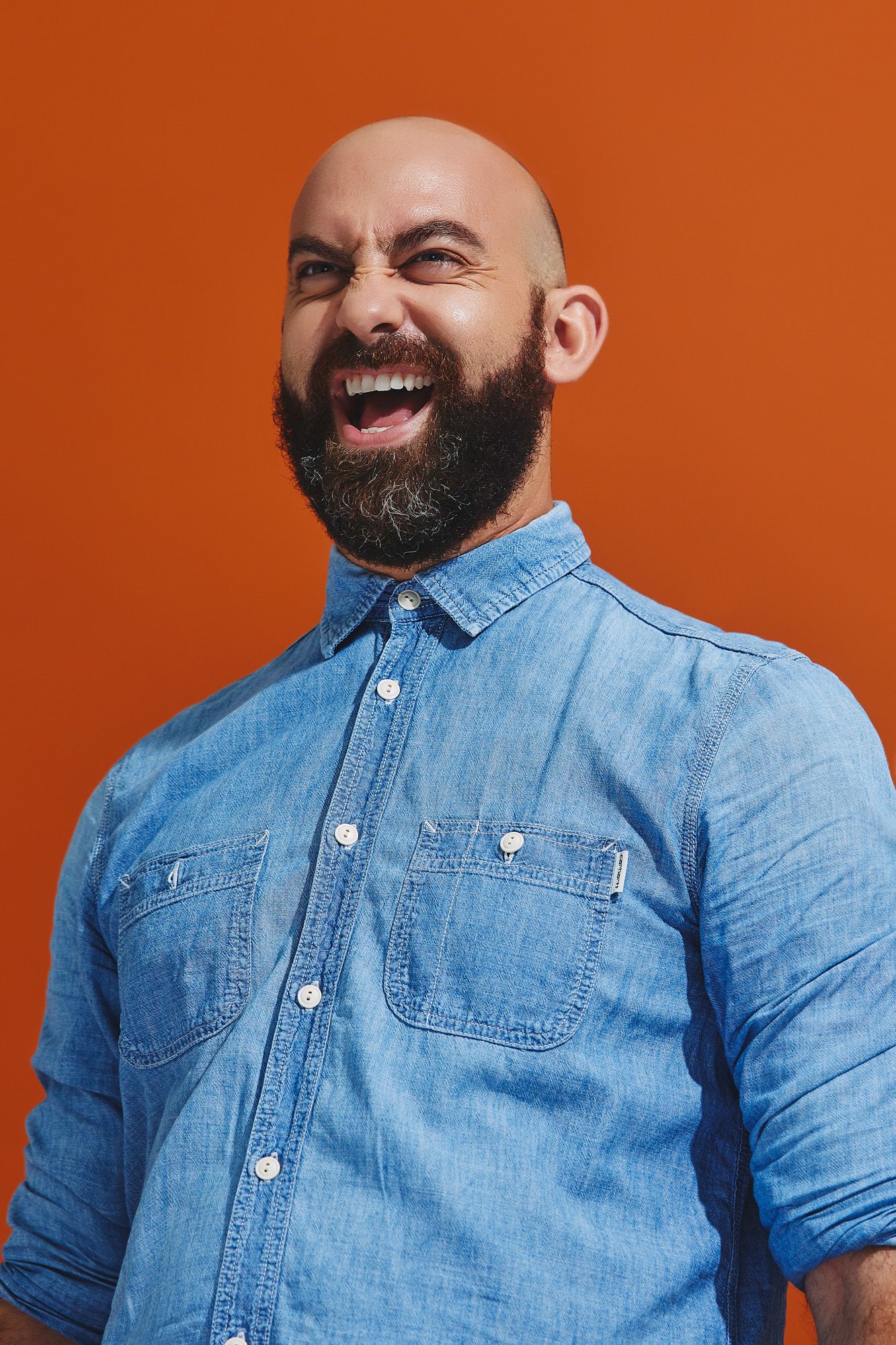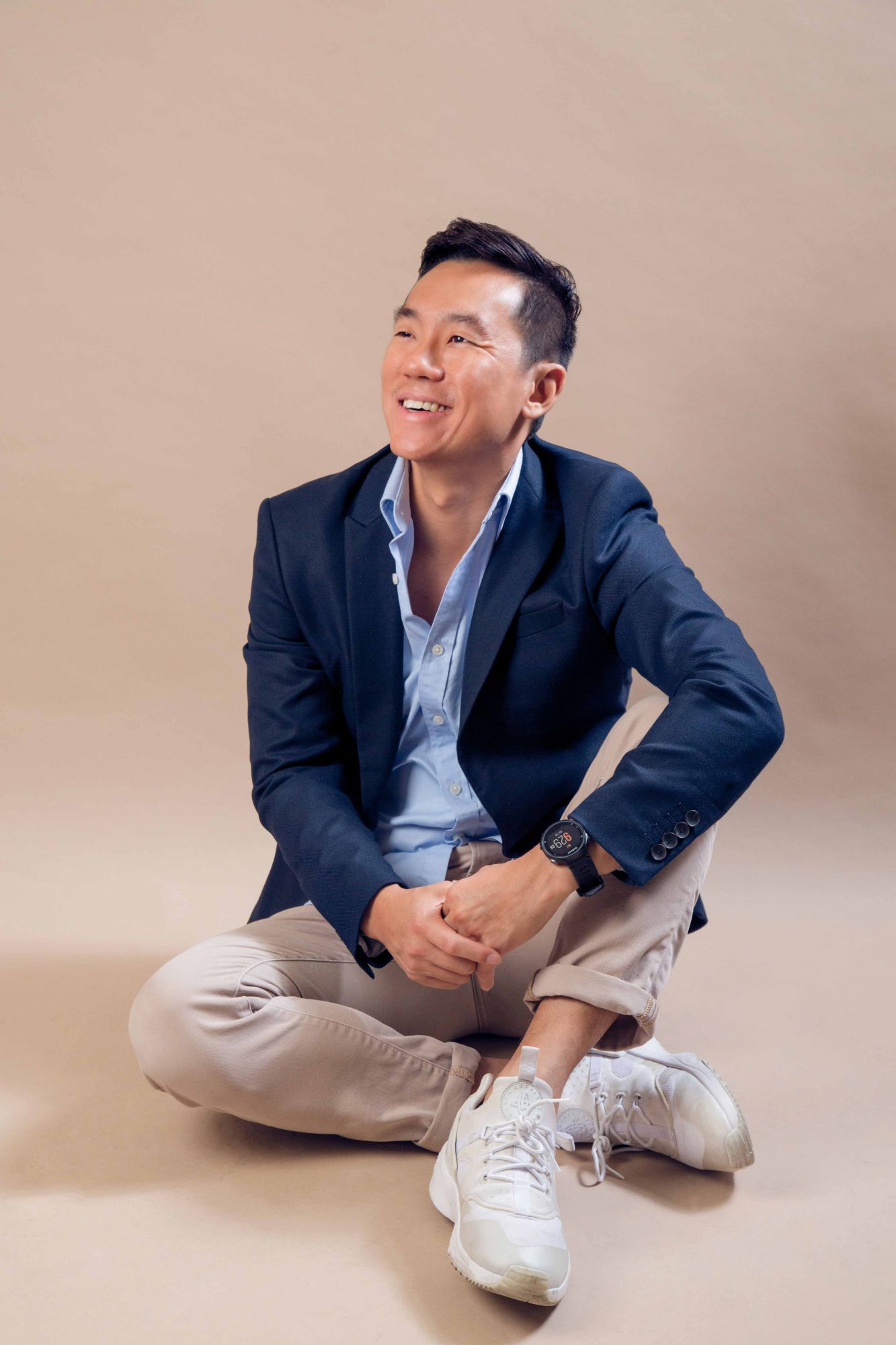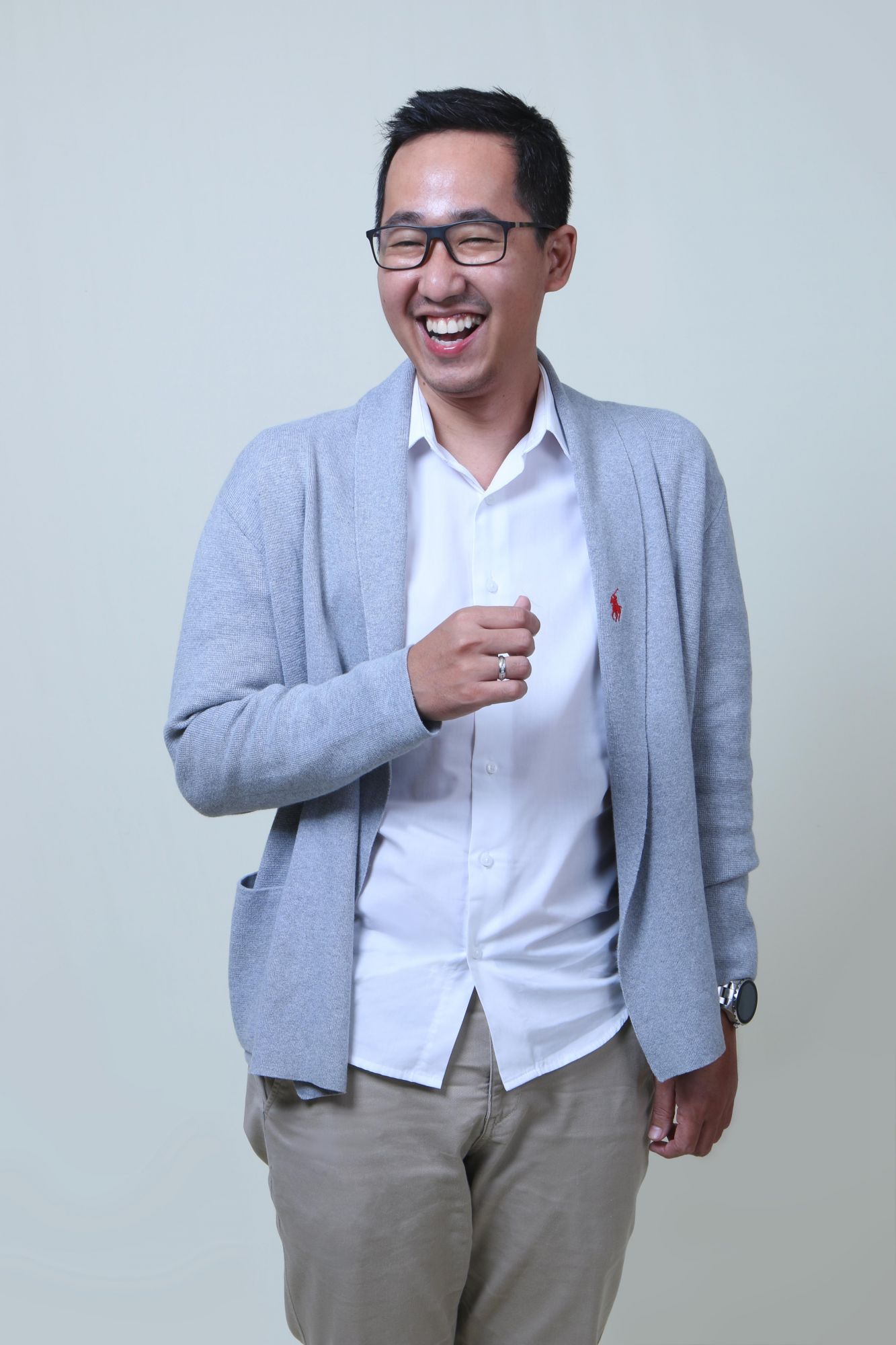Team lunches and ping-pong tables are great, but they don't lower stress levels. Here are six ways you can promote a culture of wellness and decrease productivity-sapping stress levels in your workplace
Most of us spend about one-third of our lives at work. And when we are in the office, there are many factors that can cause us to experience anxiety—from seeing an inbox with 300 unread emails and chasing tight deadlines, to meeting the expectations of our team members, leaders or investors.
When unhealthy stress levels are not effectively addressed, they can lead to productivity loss, absenteeism and mental health issues.
Providing office perks such as free snacks, monthly in-office massages and ping-pong tables may help to take our minds off the issue for a moment, but the reality is that these are temporary answers.
The long-term solution lies in the culture that a leader instils at the workplace, says the business leaders we speak to below. Here's how six Gen.T honourees promote a culture of mental wellness in the workplace.
Build a close-knit team

David Pynt
Chef-owner, Burnt Ends Hospitality Group
In 2017, a two-year study released by Mental Health America showed that working environments within the food and beverage industry correlated with a high level of mental health issues. The industry was also found to be one of the worst to work in, due to its long hours, high levels of stress and low wages. While the study only analysed the US, it wouldn’t be inaccurate to make a similar case for other markets globally.
In Singapore, David Pynt of one-Michelin-starred barbecue restaurant Burnt Ends, is no stranger to these issues, and is setting an example for other culinary leaders to follow.
“Our group is like a family—we treat each other as an extension of our own family. We have chefs with young children as well, so we make sure everyone understands that family comes first. We also have zero tolerance for any form of abuse and bullying.
Additionally, we value open communication, so we know what our staff is going through in their personal lives. Where they may need help or support, we’ll come up with the best solutions together.”
See also: M17 Entertainment Group's Joseph Phua On The Lessons That Shaped His Leadership Approach




